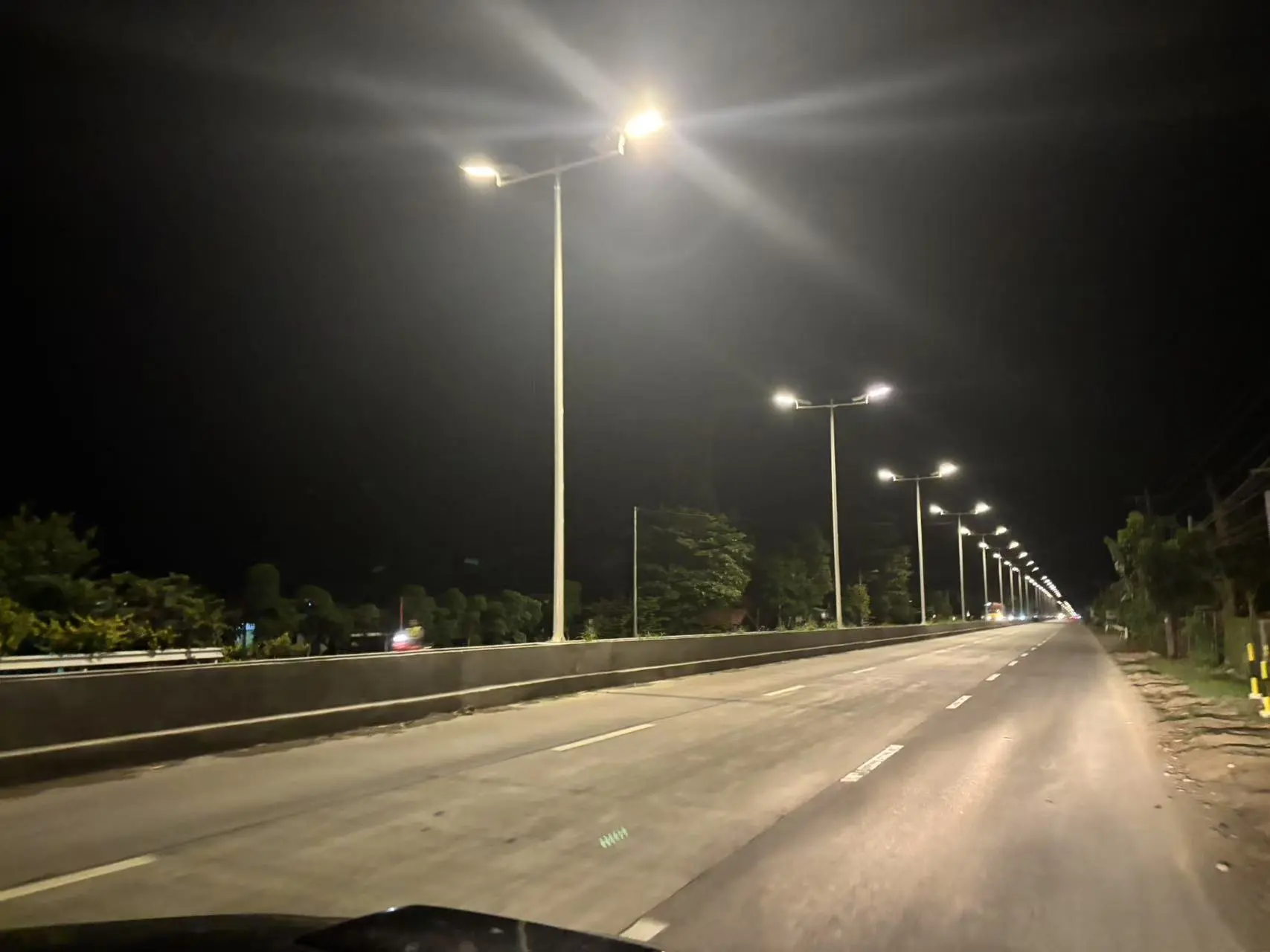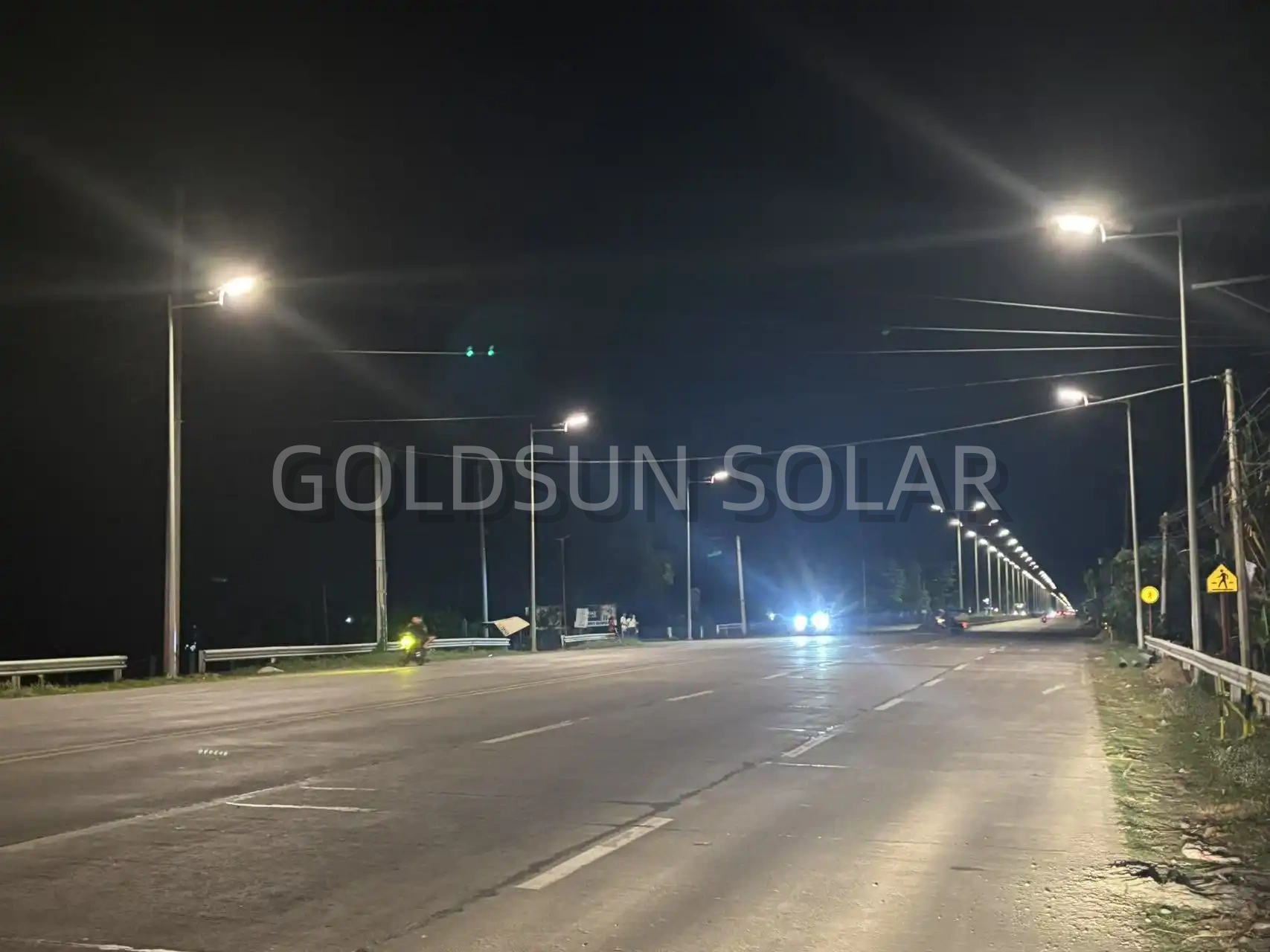Philippines solar street light incentives: A step-by-step guide
Understanding the Philippine Energy Plan
The Philippine Energy Plan (PEP) serves as the cornerstone for renewable energy initiatives in the country, including solar street lighting projects. This comprehensive strategy outlines the government's commitment to increasing the share of renewable energy in the national power mix. Under the PEP, various incentives and support mechanisms are available for solar street light installations, aiming to enhance energy security and promote sustainable urban development.
To leverage these opportunities, project developers and local government units must familiarize themselves with the plan's key components. The PEP emphasizes the importance of decentralized energy systems, making solar street lights an attractive option for both rural electrification and urban infrastructure improvement. By aligning project proposals with the objectives outlined in the PEP, applicants can significantly boost their chances of securing government support.
Navigating the Energy Regulatory Commission (ERC) guidelines
The Energy Regulatory Commission plays a pivotal role in overseeing the implementation of solar street light projects in the Philippines. The ERC has established specific guidelines that govern the installation, operation, and maintenance of these systems. These regulations ensure that projects meet safety standards, technical specifications, and energy efficiency requirements.
To successfully navigate the ERC guidelines, project proponents should:
- Conduct a thorough review of the latest ERC resolutions pertaining to solar street lighting.
- Engage with certified energy auditors to assess project feasibility and compliance.
- Prepare detailed technical documentation that demonstrates adherence to ERC standards.
- Submit applications for necessary permits and certifications well in advance of project commencement.
By meticulously following these steps, applicants can streamline the approval process and avoid potential delays or rejections due to regulatory non-compliance.
Indonesia's renewable energy grants for solar street lighting
Exploring the National Energy Policy (KEN)
Indonesia's National Energy Policy, known as Kebijakan Energi Nasional (KEN), provides a robust framework for the country's transition towards renewable energy sources. This policy sets ambitious targets for increasing the share of renewable energy in the national energy mix, creating a favorable environment for solar street light projects. Under KEN, the Indonesian government has introduced various financial incentives and support mechanisms to accelerate the adoption of solar technologies in urban and rural areas.
To effectively tap into these opportunities, project developers should:
- Analyze the specific renewable energy targets outlined in KEN and align project goals accordingly.
- Identify regional priorities for solar street lighting as defined by local government implementation plans.
- Engage with the Ministry of Energy and Mineral Resources to understand the latest policy updates and available support schemes.
- Develop project proposals that demonstrate clear contributions to Indonesia's renewable energy objectives.
Leveraging the Public Service Agency for Renewable Energy (BLU-EBT)
The Public Service Agency for Renewable Energy (Badan Layanan Umum - Energi Baru Terbarukan or BLU-EBT) plays a crucial role in facilitating access to funding for renewable energy projects in Indonesia. This agency manages various grant programs and financial instruments designed to support the implementation of solar street lighting initiatives across the archipelago.
To maximize the chances of securing funding through BLU-EBT, applicants should:
- Thoroughly review the agency's funding criteria and application requirements.
- Prepare comprehensive project feasibility studies that highlight both economic and environmental benefits.
- Engage with BLU-EBT representatives to seek guidance on proposal development and submission processes.
- Consider partnering with local institutions or community organizations to strengthen project credibility and impact.
By strategically leveraging the resources and support offered by BLU-EBT, project developers can significantly enhance their ability to access government grants for solar street lighting in Indonesia.
Eligibility criteria for solar street light subsidies in Vietnam
Understanding the Vietnam Energy Efficiency Program (VNEEP)
The Vietnam Energy Efficiency Program (VNEEP) is a cornerstone initiative that supports the country's transition towards sustainable energy solutions, including solar street lighting. This comprehensive program outlines specific criteria for projects seeking government subsidies and support. To be eligible for VNEEP-backed subsidies, solar street light projects must demonstrate alignment with national energy efficiency goals and contribute to reducing overall energy consumption in urban areas.
Key eligibility factors under VNEEP include:
- Proven energy savings compared to traditional street lighting systems.
- Compliance with Vietnamese technical standards for solar photovoltaic equipment.
- Integration of smart control systems for optimized energy management.
- Commitment to long-term maintenance and performance monitoring.
Project developers should meticulously document how their proposed solar street light installations meet these criteria, providing detailed technical specifications and energy performance projections to support their applications.
Navigating local government requirements
In Vietnam, provincial and municipal authorities play a significant role in the implementation of solar street light projects. Each locality may have additional eligibility criteria and specific requirements for accessing subsidies. These criteria often reflect local development priorities and environmental considerations.
- To successfully navigate these requirements, applicants should:
- Engage early with local Department of Industry and Trade offices to understand region-specific guidelines.
- Conduct thorough site assessments to ensure project feasibility and compliance with local zoning regulations.
- Develop comprehensive implementation plans that address local infrastructure needs and community benefits.
- Demonstrate strong local partnerships and community support for the proposed solar street light installations.
By carefully addressing both national and local eligibility criteria, project developers can significantly enhance their prospects of securing government subsidies for solar street light initiatives in Vietnam.
In conclusion, accessing government grants for solar streetlights in Southeast Asia requires a thorough understanding of country-specific policies, meticulous preparation, and strategic alignment with national and local energy objectives. By carefully navigating the unique landscapes of the Philippines, Indonesia, and Vietnam, project developers can unlock significant opportunities to implement sustainable lighting solutions across the region. For expert guidance on solar street light technologies and customized solutions that meet international standards, reach out to us at solar@gdsolarlight.com.



